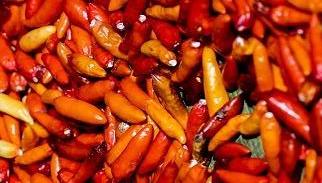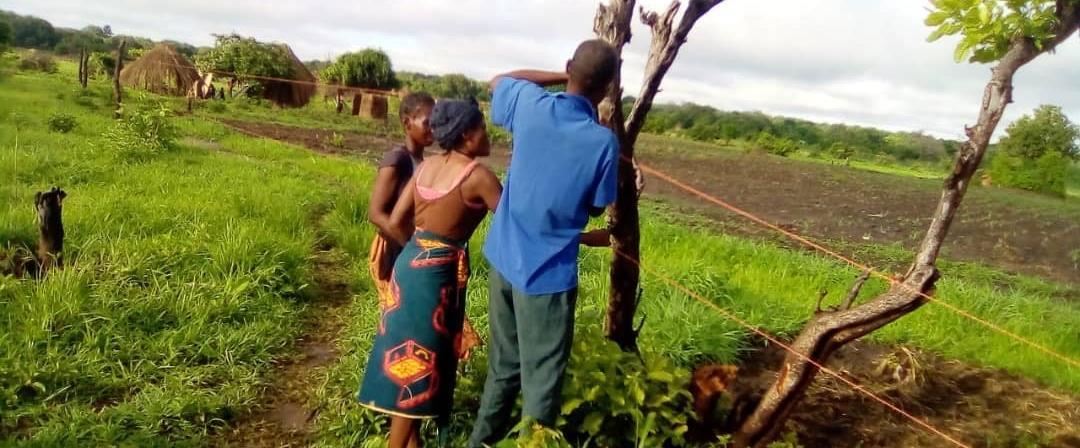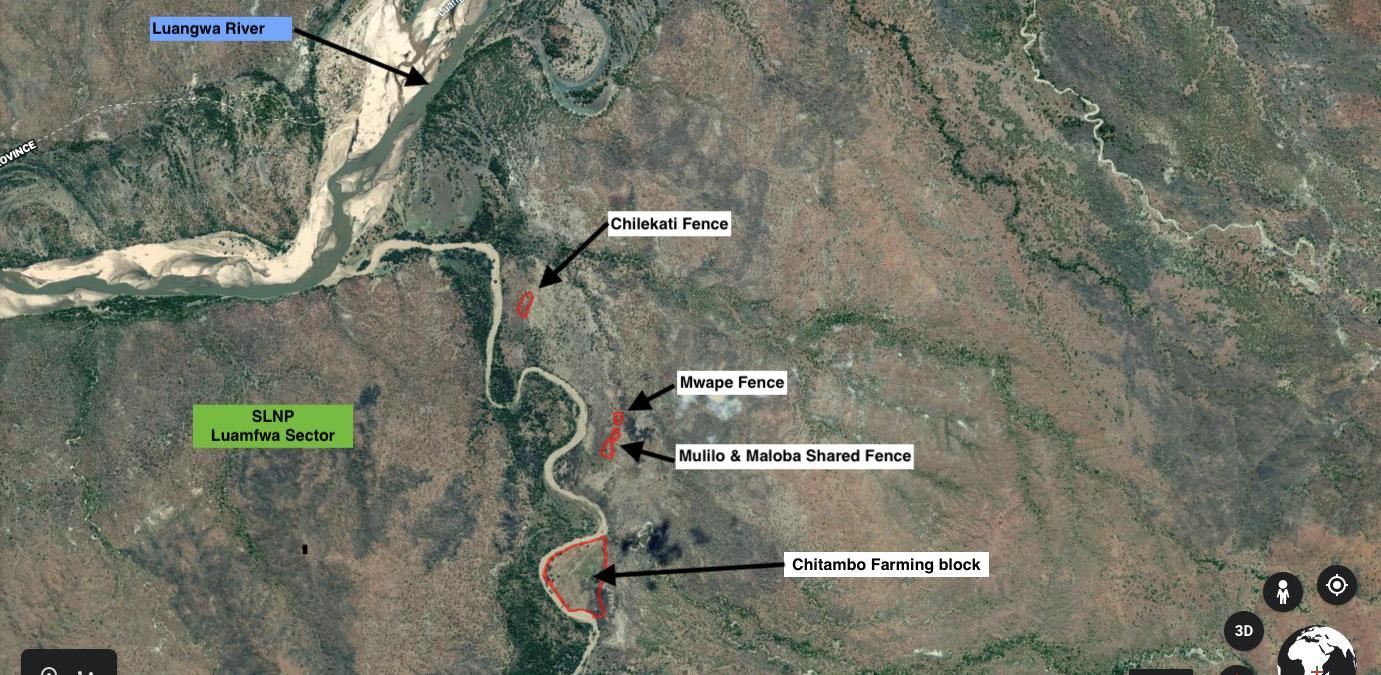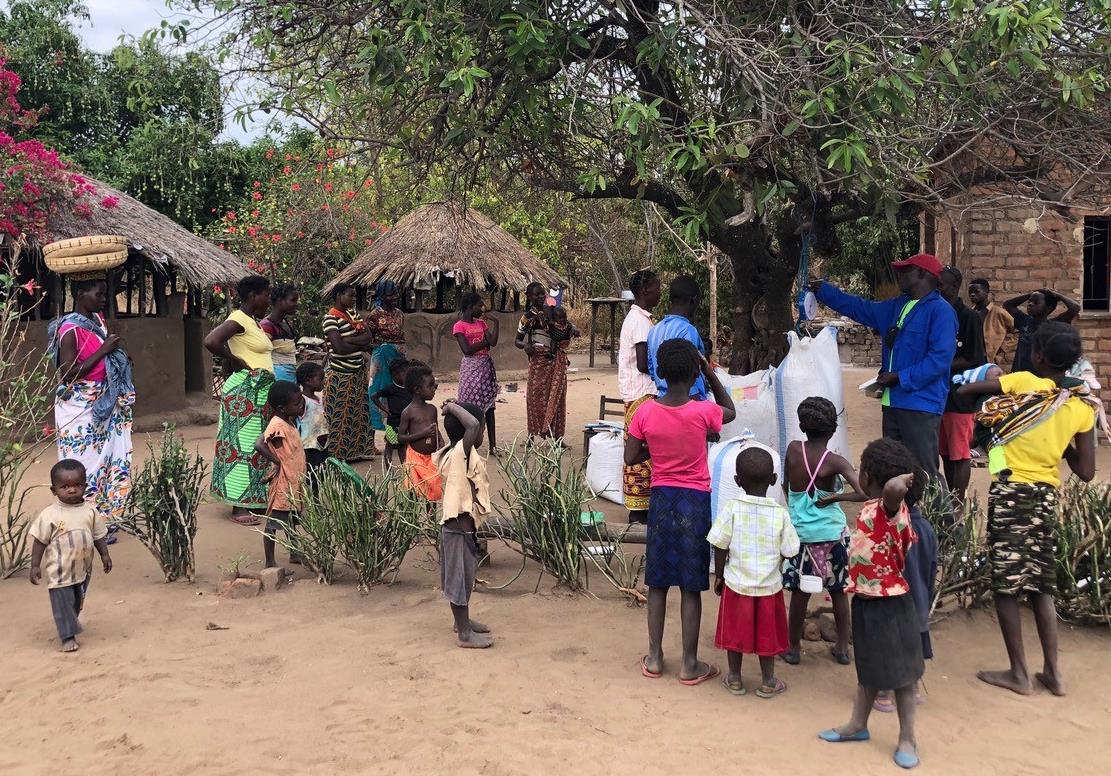
3 minute read
Human Wildlife Conflict Mitigation
Increasing human population growth in Lupande Game Management Area adjacent to South Luangwa national park, with expanding settlements and farms, and the corresponding increasing demand for natural resources has resulted in an increase of human–wildlife conflict.
There are significant numbers of rural people living in close proximity to elephant populations in Luangwa. Human–elephant conflict is having adverse effects on the health and wellbeing of the population and at the same time fosters discontent for wildlife and undermines conservation efforts.
Advertisement
The interface of human on animal populations along the GMA is persistent. The boundary, originally meant as a buffer to the park, no longer acts as a buffer, as it supports a high population of wildlife and people. Preventing damage by wildlife, particularly elephants and mitigating conflicts between farmers and wildlife has been the goal of CSL’s HWC mitigation project for more than ten years.
It should be noted that the HWC team does not have a vehicle and only one motorbike for transportation. However, in 2020 we are hoping to upscale the HWC program and improve response time to incidences.

Chilli Patroller Program
CSL's chilli patroller programme uses a strategic community approach which makes guarding by farmers much more efficient since whole farming areas, rather than single fields are protected. This means that farmers are encouraged to strategically guard their farming blocks as a group with the help of CSL-sponsored "Chilli Patrols". These men are chosen by their communities and are trained, equipped and paid a volunteer allowance by CSL, and they are issued a "chilli bomber" to repel elephants from fields.
With this device, ping-pong balls filled with chilli oil are shot against the shoulder or back of an approaching elephant (without harming the animal). When the ball cracks on the elephant's skin, a splash of chilli oil remains. The moment the elephant touches the affected area with its trunk, the strong chilli smell irritates their sensitive mucous membranes and the animal moves away.
In 2019, 20 chilli patrollers volunteered for a total of 2960 man nights (2018 = 1487 man nights) to protect their community's agricultural fields from crop damaging elephants.
Human-Wildlife Conflict Mitigations
In addition to the chilli patrollers and chilli blasting. The following activities are implemented on a small scale by a small team with few resources in partnership with DNPW and CRB's.
- Chilli farming engaging families experiencing regular wildlife conflict as a means to deter elephants and at the same time improving livelihoods by buying chilli as a crop
- Installation of electric fences to reduce conflict with elephants in villages and trialled at a farming block.
- Construction of elephant safe grain stores to keep maize and other crops protected
- Production of elephant friendly products (unpalatable to elephants) – chilli, turmeric and lemon grass which are sold to tourists
- Community awareness and training through our annual conservation fun run, workshops, leaflets and education materials
The HWC Radio Show
In 2019, CSL aired its first HWC radio show aimed at engaging communities to help protect their own crops and property, and for CSL to inform communities about the HWC program. The show has had such good success with many callers and supporters that we have now extended it, and have a general conservation program with partners including DNPW and ZCP.

Elephant restraining fences
Electric fences with solar power have been installed using poly wire (which cannot be used for snaring animals).

Installation of a poly-wire electric fence to reduce conflict with elephants.

Map showing some of the poly wire electric fences in Malama Chiefdom to reduce property damage and crop-raiding by elephants.
2019 Chilli Farming
Chilli farming - As part of our HWC mitigation program we engage chilli farmers who suffer losses from crop raiding elephants. Part of the chilli is kept by the farmers for mitigation measures and the rest is sold to CSL, who in turn sell to Lusaka based sauce companies. This program addresses conflict and improves livelihoods in conflict zones.
In 2019, our farmers experienced a bumper harvest and we bought chillies from 495 farmers. 271 were female farmers (55%).

Chilli buying direct from the farmers.
Elephant safe grain stores
143 grain stores have been constructed in the South Luangwa Valley since the start of this HWC mitigation programme. Elephant safe grain stores enable farmers to keep their harvest safely in the village instead of keeping them in traditional stores made from natural resources.

Elephant safe grain store.











